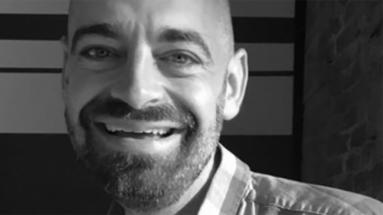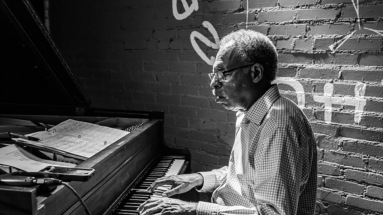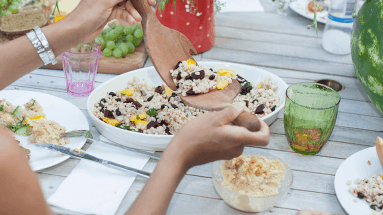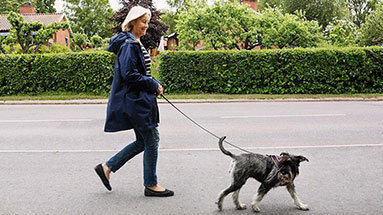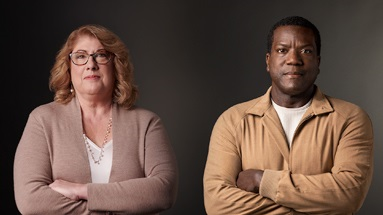Life after a mastectomy
Life after a mastectomy
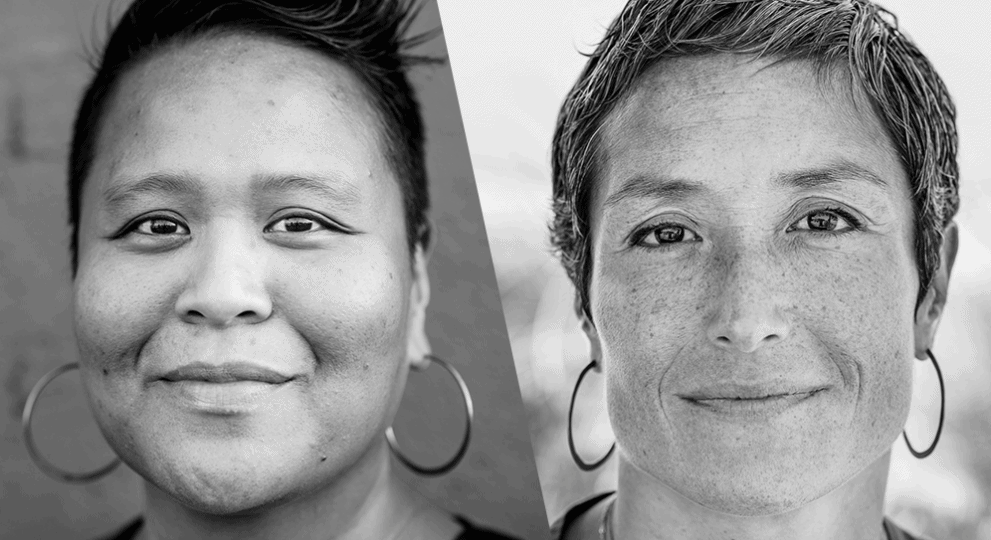
There are many ways your body may change when you're living with cancer. If you're living with—or at risk for—breast cancer, one of the most significant changes you may undergo is a mastectomy, which is an operation to remove one or both breasts.
Not all women feel the same way about their breasts. Maybe breasts don't play too crucial a role in how you identify yourself as a woman. On the other hand, having breasts could be a really important part of your femininity. If you're a mother, one of the first ways you bonded with your child may have been through breastfeeding. Whatever the case may be, having a mastectomy can change how you feel about your body, and you may need to learn how to get comfortable in your own skin again.
Embracing the change
For Cynthia, a musician and DJ in New York City with stage II breast cancer, losing breasts was just one part of her transformation.
''It's pretty wild to hear a young woman say, 'I love my body without breasts,' but I do. I really do.''
''When you're a young woman and you shed something like breasts,'' Cynthia says, “you learn to shed a lot of things—unnecessary people, unnecessary stress, unnecessary bills. I used to pride myself on being busy all the time and getting very little sleep. I was definitely a workaholic. I thought that's what life was about. Now, I have this understanding of my own space, the air I breathe, the need to rest and recharge. And a love for my body after it's gone through so much. I didn't love my body that way before. It's pretty wild to hear a young woman say, 'I love my body without breasts,' but I do. I really do.''
Having a healthy body image and treating their bodies with care is something many women struggle with over the course of their lives—whether or not they have cancer. Cynthia experienced breast cancer as a wake-up call. She realized how precious life is and how nothing should be taken for granted. And she gave herself permission to refocus her energy on the things that bring her joy—and on sharing that joy with others. In the process, she learned to love herself—and her body—even more than she had before her diagnosis.
Choosing reconstructive surgery
Another option available to women after a mastectomy is reconstructive surgery, which is an operation to reconstruct the breasts. Some women, like Sachi, may choose to have this surgery for a variety of reasons.
Sachi was haunted by the loss of her mother to cancer. After being diagnosed with breast cancer, her mother had a radical mastectomy. Several years later, Sachi's mother passed away from ovarian cancer. So when Sachi tested positive for BRCA1, a gene mutation that increases the risk for ovarian and breast cancer, she decided to have a total hysterectomy—a surgery to remove the uterus—and a double mastectomy.
A big-wave surfer and photographer, Sachi was eager to get back to the ocean after her mastectomy. But she didn't like the idea of putting on her wetsuit and dealing with people staring or asking questions. She felt reconstructive surgery would help her continue doing what she loved—and have a healthy body image, too.
She also hoped the surgery might help her daughter, Nami, cope. ''Back when my mom was sick, reconstruction wasn't an option,'' Sachi says. ''I grew up looking at that awful scar my whole life. It was scary. I didn't want my daughter to go through that.''
At the same time, the decision to get reconstructive surgery wasn't an easy one for her to make. “It's the hardest thing I've done,” Sachi says. ''The surgery is intense. The pain was unlike anything I could have imagined. Immediately afterward, I wasn't sure I'd made the right choice.”
''With my mom and me, I just remember feeling constantly reminded of what wasn't there. But now with Nami, it's different.''
It was Nami who helped Sachi feel confident about her decision. ''After the surgery, you get these expanders," she explains. ''They slowly inflate them, and the first time they did that, Nami just ran over to me and jumped into my arms and nuzzled against me. I was like, 'Of course! Why didn't I think of this?" She's the one who has the strongest relationship with these. With my mom and me, I just remember feeling constantly reminded of what wasn't there. But now with Nami, it's different. We can have a relationship with what's still there. Nami can still feel the same emotional comfort, that feeling of safety.”
A personal choice
Deciding whether or not to have reconstructive surgery is an extremely personal choice. ''Many women are choosing not to do reconstruction, and I think that's great,'' Sachi says. “I did it for my daughter and for myself, and I'm glad I did. But everyone needs to make their own decision.”
Cynthia and Sachi both learned to love their bodies after their mastectomies, but they took very different paths to get there. What's important is that you try to feel good about your body, choosing whatever path is right for you.








